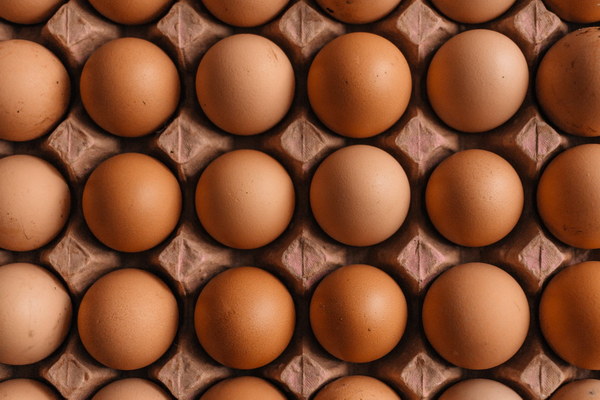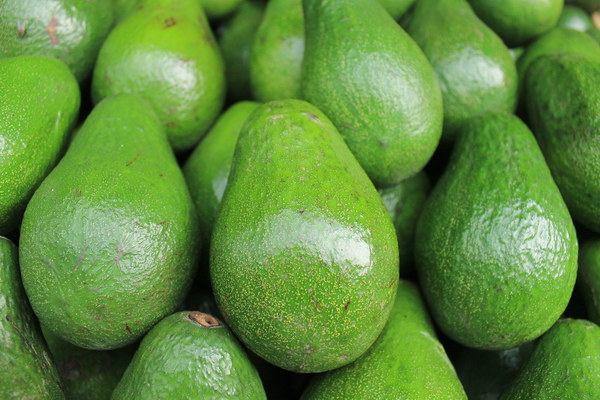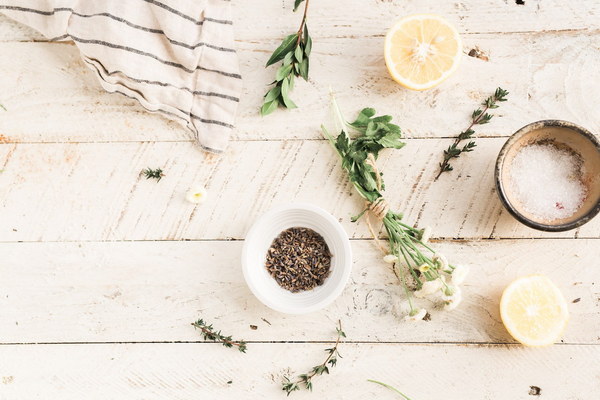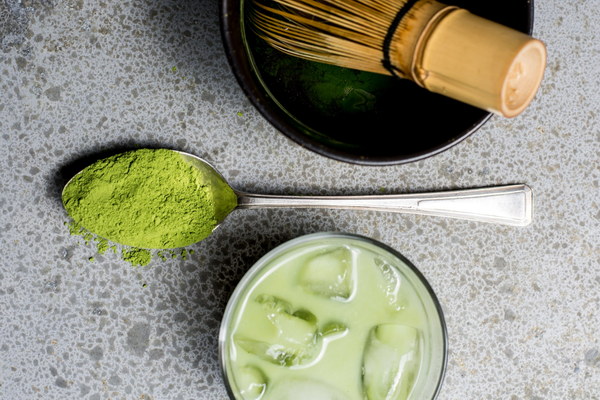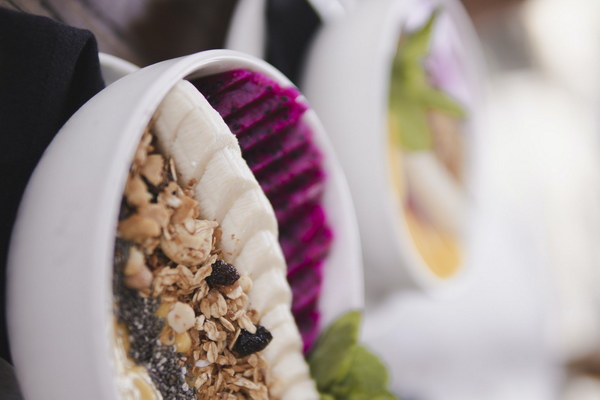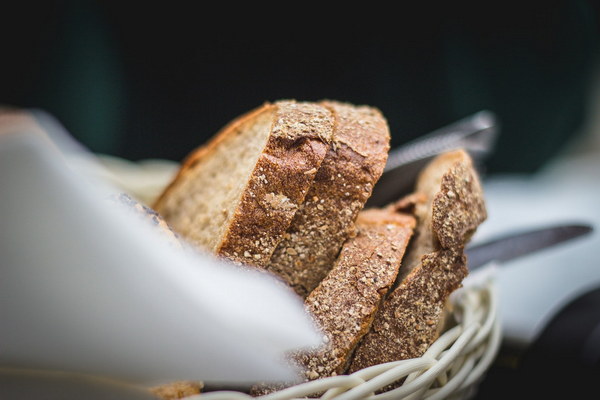Unveiling the Mystery Where Does the Body Retain Dampness and How to Expel It
In traditional Chinese medicine, the concept of dampness is a key factor in understanding various health conditions. Dampness is believed to be an excess of dampness in the body, which can lead to a variety of symptoms and diseases. The question of where dampness resides in the body and how to effectively expel it is a common concern among those interested in holistic health. Let's delve into this mystery and explore the origins of dampness, its manifestations, and the methods to rid the body of this unwanted element.
Understanding Dampness in Traditional Chinese Medicine
In TCM, dampness is often associated with the Liver and Spleen meridians. The Liver is responsible for the smooth flow of Qi (vital energy) and blood, while the Spleen is in charge of transforming food into Qi and blood. When these organs are imbalanced, dampness can accumulate, leading to a range of symptoms.
Where Does Dampness Originate?
1. From the Stomach and Spleen: The digestion process is where dampness often originates. When the Spleen is weak, it cannot effectively transform food into Qi and blood, leading to the formation of dampness. This can happen due to poor diet, overeating, or excessive consumption of cold and raw foods.
2. From the Lungs: The Lungs play a crucial role in the body's water metabolism. If the Lungs are weakened, they may not be able to transport water to the bladder and kidneys for excretion, leading to dampness accumulation.
3. From the Kidneys: The Kidneys are responsible for the balance of fluids in the body. If the Kidneys are weak, they may not be able to manage the body's fluid balance, contributing to dampness formation.
Manifestations of Dampness
Dampness can manifest in various ways, including:
- Fatigue and lack of energy
- Weight gain or bloating
- Mucus production
- Edema
- Discomfort in the joints
- Dull headache
- Poor digestion
- Paleness or yellowish tint of the tongue
- Thin, greasy coating on the tongue
- Disrupted sleep patterns
How to Expel Dampness
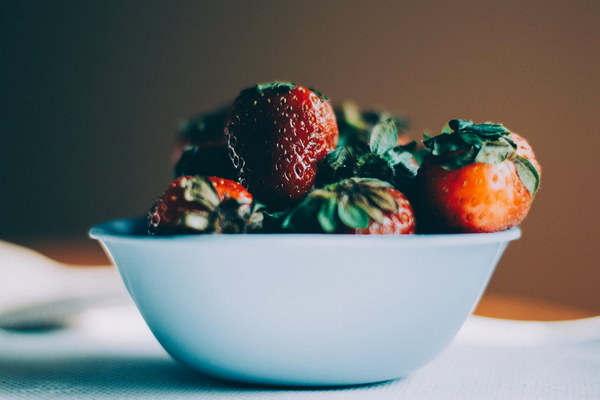
1. Dietary Adjustments: Avoiding cold and raw foods, reducing sugar and dairy intake, and incorporating more warm and cooked foods into your diet can help alleviate dampness. Foods that are known to help expel dampness include ginger, garlic, turmeric, and leeks.
2. Herbal Remedies: Certain herbs are traditionally used in TCM to expel dampness. Some of these include Astragalus, Poria, and Atractylodes. It is important to consult with a qualified TCM practitioner before starting any herbal regimen.
3. Acupuncture: Acupuncture can help stimulate the body's natural healing processes and balance the meridians, including those associated with dampness.
4. Exercise: Regular physical activity can help increase circulation, improve digestion, and enhance the body's ability to expel dampness. Activities such as walking, tai chi, and yoga are particularly beneficial.
5. Lifestyle Changes: Reducing stress and ensuring adequate sleep can also help in the fight against dampness, as stress and fatigue can weaken the organs responsible for dampness regulation.
In conclusion, dampness is a complex issue in TCM, often originating from imbalances in the Stomach, Spleen, Lungs, and Kidneys. By understanding where dampness resides and adopting a holistic approach that includes diet, herbal remedies, acupuncture, exercise, and lifestyle changes, individuals can effectively expel dampness and improve their overall health and well-being.

